This week, the spotlight goes to a talented artist from Brazil, Danilo Stellet aka Stellet, a DJ/Producer that's helped shape the electronic music scene in Brazil for over 20 years. Through his own words, we uncover the essence of his musical journey and creative process.
Self taught Danilo was drawn to electronic music from an early age, collecting CDs and records that he would play at school parties and gatherings. In 2001, his passion took a professional turn as he entered the club scene, not as a DJ initially, but as a promoter. His curiosity and dedication to learning from observing DJs at work laid the foundation for his self-taught journey in DJing and music production.
His journey from a curious observer to a seasoned DJ/Producer offers insights, tips and inspiration for creators of all styles.
Key Takeways
- Early Beginnings: Stellet's journey in electronic music began with a passion for collecting CDs and records, eventually leading to DJing and music production.
- Self-Taught Success: Without formal DJing lessons, Stellet honed his skills through observation and practice, embodying the essence of a self-taught artist.
- Creative Versatility: His ability to navigate various musical genres has kept his creative edge sharp, highlighting the importance of diverse influences.
- Technological Evolution: Embracing platforms like Sample Focus has streamlined his sample management and enhanced his production workflow.
- The Power of Collaboration: Partnerships have deeply impacted Stellet's music and production approach, illustrating the significance of collaboration in the creative process.
Danilo, your journey spans over 20 years in various aspects of the electronic music scene. Can you share what initially attracted you to DJing and music production?
From the early days of my youth, I was intrinsically connected to electronic music, acquiring CDs and records of varied genres, which I absorbed daily. And of course, I would bring them to school parties and friend gatherings to set the soundtrack.
In 2001, already at an age suitable for entering clubs and parties, I started my involvement as a promoter, directing my attention to DJ performances. I eagerly absorbed all possible knowledge, establishing dialogues with artists to deepen my understanding of the scene as a whole, with a special focus on disc jockeying. I would spend hours watching DJs play, totally focused on learning.
I became a daily researcher, and together with a great friend, we began to compile collections that encapsulated the best of what was produced at the time. Invitations for warm-ups and residencies started to come quickly.
Without realizing it, I was already performing twice a week, without resorting to formal DJing lessons. The learning happened naturally.
Spontaneously, wanting to learn more, came the need to make my own music. However, in 2003, the difficulty was significant, as knowledge was scarce in Brazil, requiring a self-taught path. The process was long, and even though I was already making music, the results were not fully satisfactory, but without a doubt, it was all part of a development process.
In 2008, I decided to join a university course, a pioneer in the country, providing me with depth and more interesting results.
Your career is marked by versatility and a deep understanding of multiple genres. How do you maintain your creative edge while navigating through such diverse musical landscapes?
I believe that knowledge represents the solid foundation for concise work, especially in art.
Accumulating a diversity of influences greatly enriches the result.
Since I became interested in the work of artists associated with the Minimal scene, I began to approach the development of sets in a different way. Narratives built from varied repertoires can provide more enriching atmospheres, free from the constraints of specific genres, yet attentive to harmony.
This process of adaptation to different niches was gradual, as the understanding needed to achieve a "good" result with diverse tools in music is huge.
At the beginning of this journey, I often faced challenges. However, this was part of the learning process.
As an experienced DJ and producer with a diverse background in the Brazilian electronic music scene, how do you usually search for samples for your projects?
I have a sound collection that has captivated my interest over time. I filter and highlight those that I consider aligned with my sound identity. It's worth mentioning that the relentless search for samples permeates all spheres.
Considering the importance of organizing and accessing samples efficiently in music production, how has your approach to sample management evolved throughout your career, and how do you see a platform like Sample Focus enhancing this aspect of your workflow?
Just as I incorporate different musical genres in my DJ performances, in music production, I make room for new tools that facilitate processes.
Sample Focus offers new possibilities that, for me, constitute a valuable addition, significantly shortening the time dedicated to research. Undoubtedly, it is a tool that promises to greatly optimize my processes.
Reflecting on your dynamic performances on global stages, how crucial is the introduction of new and unique sounds into your sets? and in what ways do you think Sample Focus could support this continuous evolution of your sound?
I have envisioned developing a hybrid set, combining DJing and loops through Traktor. Sample Focus will undoubtedly enrich my sound collection to enable the realization of this project. As mentioned earlier, the ease and optimization of research time are fundamental aspects in this process.
Collaboration is a powerful tool in the music industry. Can you talk about a collaboration that profoundly impacted your music or production approach?
Numerous partners who have crossed my path contributed substantially, each in a unique way.
I remember two unforgettable collaborations that shaped my journey.
For many years, I formed a duo with Daniel Brandão, and his influence was decisive for my unique vision of developing a set, broadening my mind to new possibilities.
In the production sphere, when starting the project of my label, which is to be launched soon, I had the great opportunity to work extensively with Guilherme VAC. His unpredictable approach to music provided me with a new conception of how to enrich and engage the listener. It became evident to me the importance of escaping the common and expected.
Reflecting on your journey and the evolution of your sound, how do you believe platforms like Sample Focus are shaping the music production landscape, especially for emerging artists in the Brazilian electronic music scene?
Highlighting ease and time optimization is crucial to fostering a more efficient and productive scene. Sample Focus undoubtedly constitutes a tool that expands possibilities, providing significant assistance in achieving satisfactory results.
Lastly, for those just starting or looking to enter the electronic music scene, what insights or advice can you offer based on your vast experience?
Investigate, research, interact, seek continuous improvement incessantly, and above all, engage with passion in what you do. Art emanates from the soul, and without love, we cannot establish that deep connection that brings it to the surface. Believe in the intrinsic magic of art!
More on Danilo:

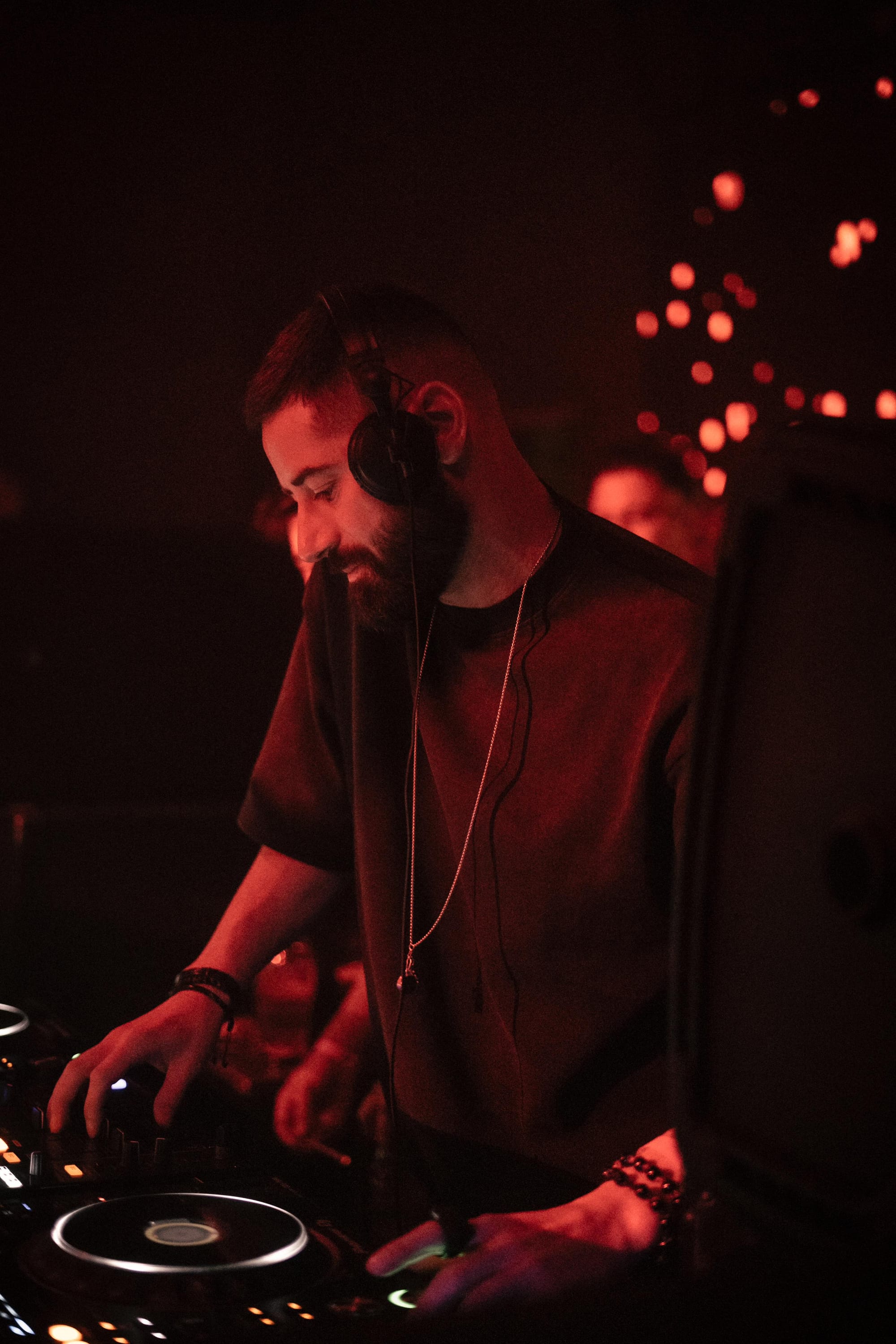

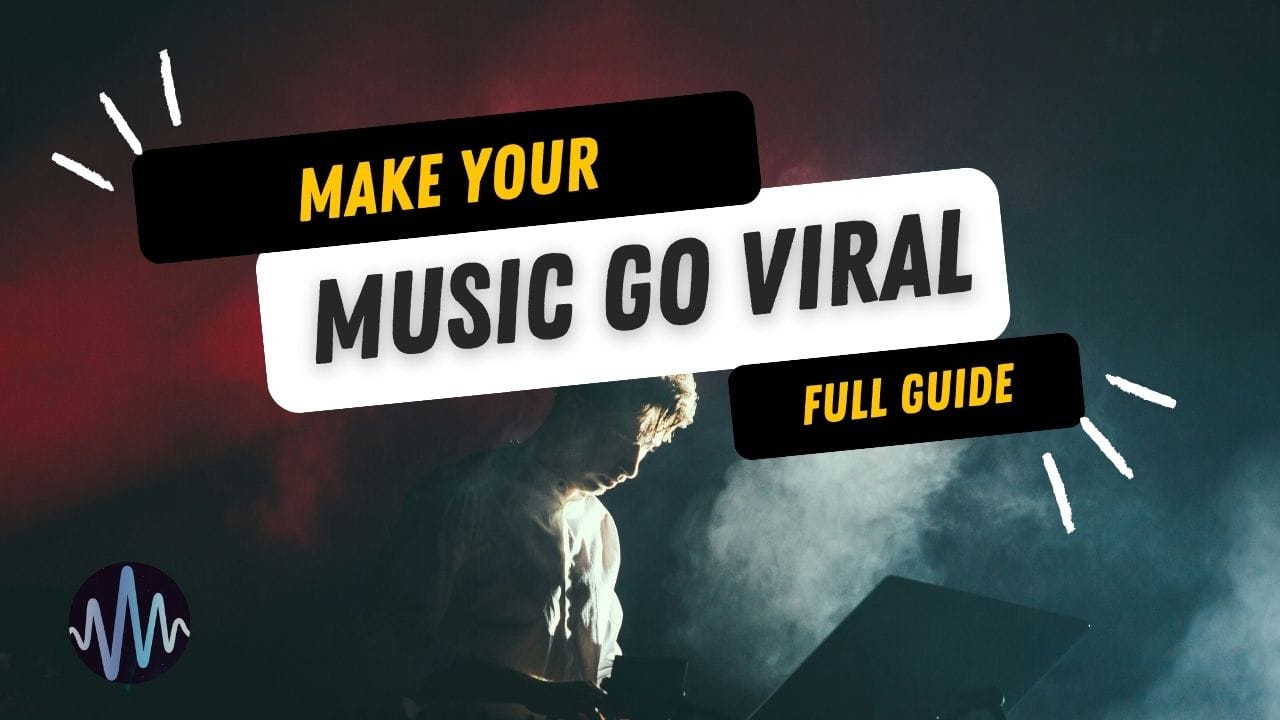
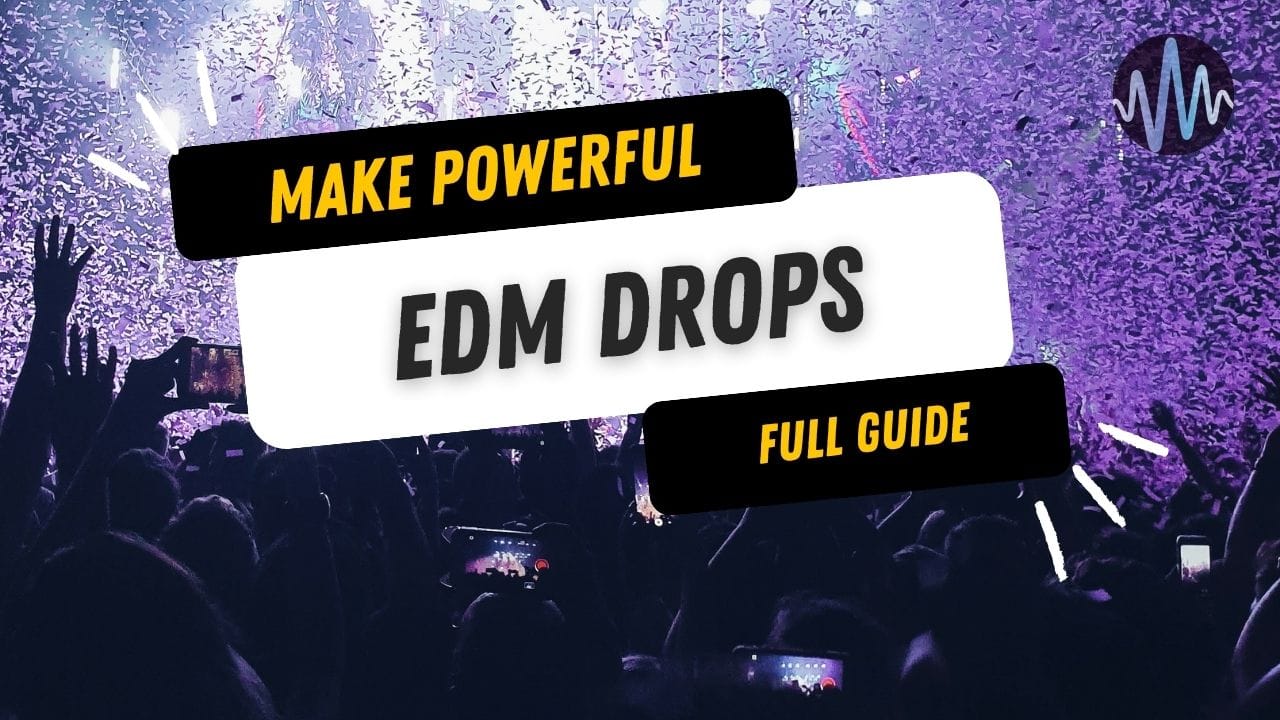
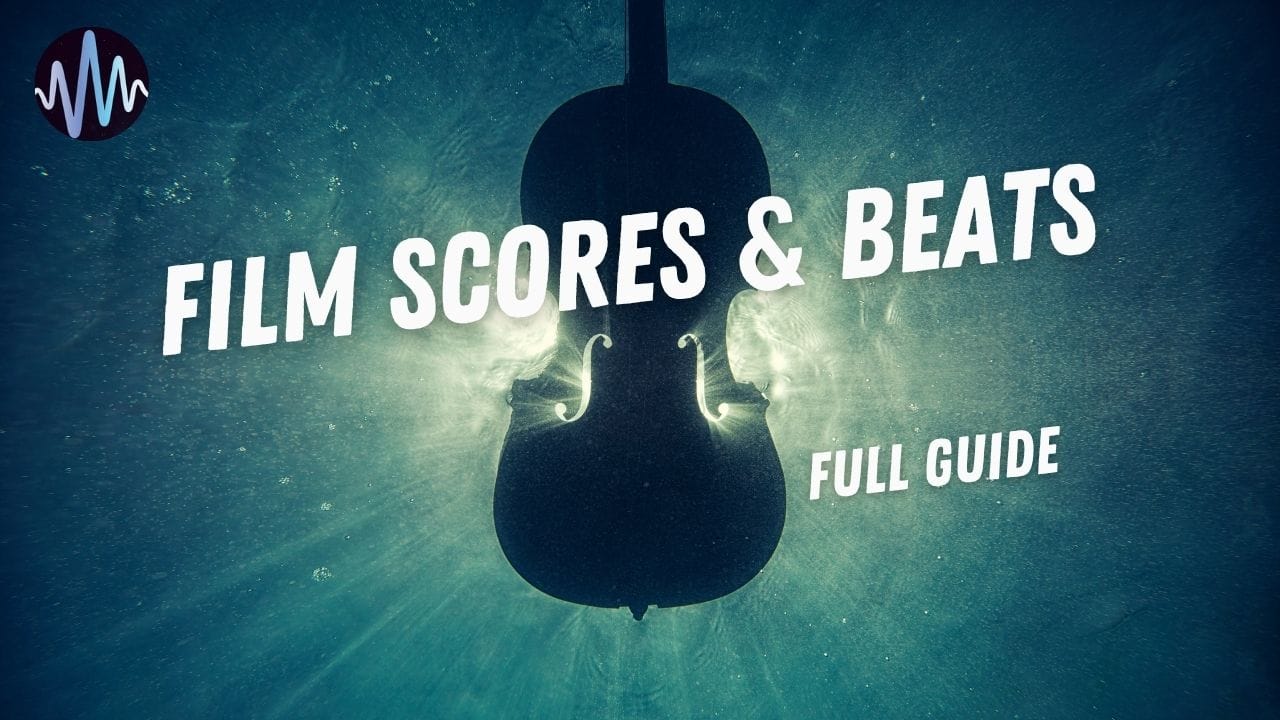
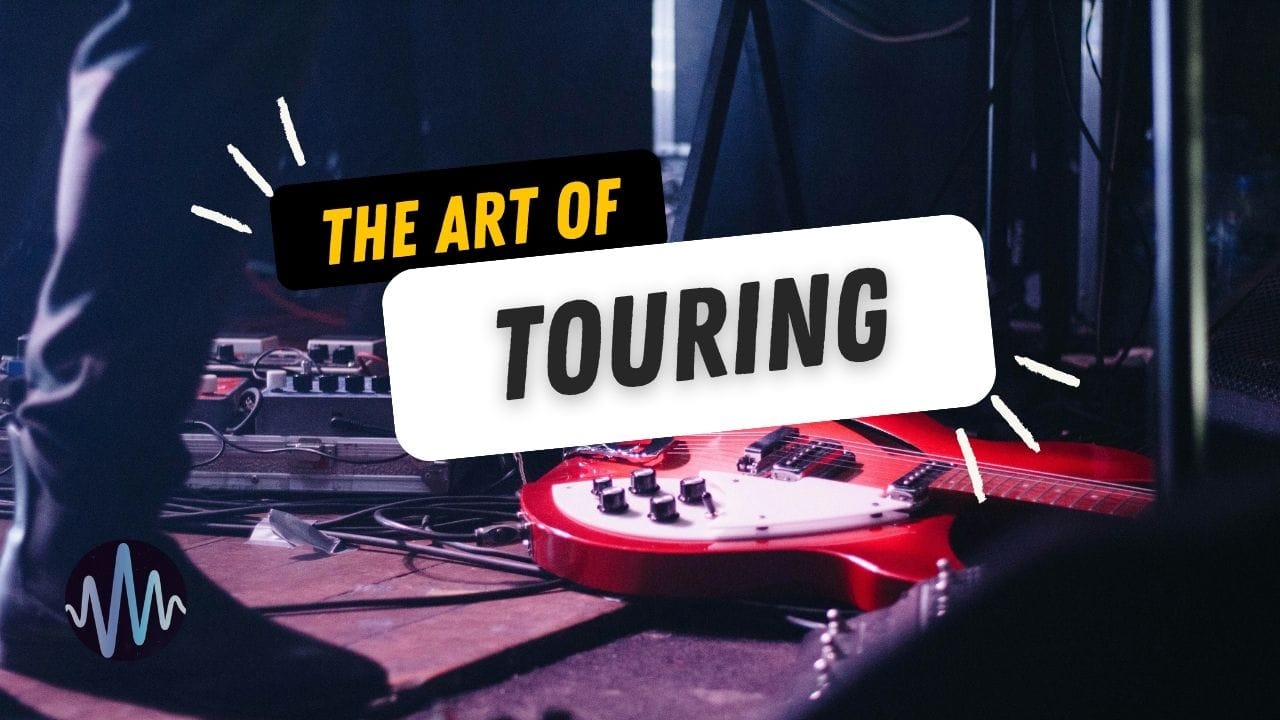
Comments